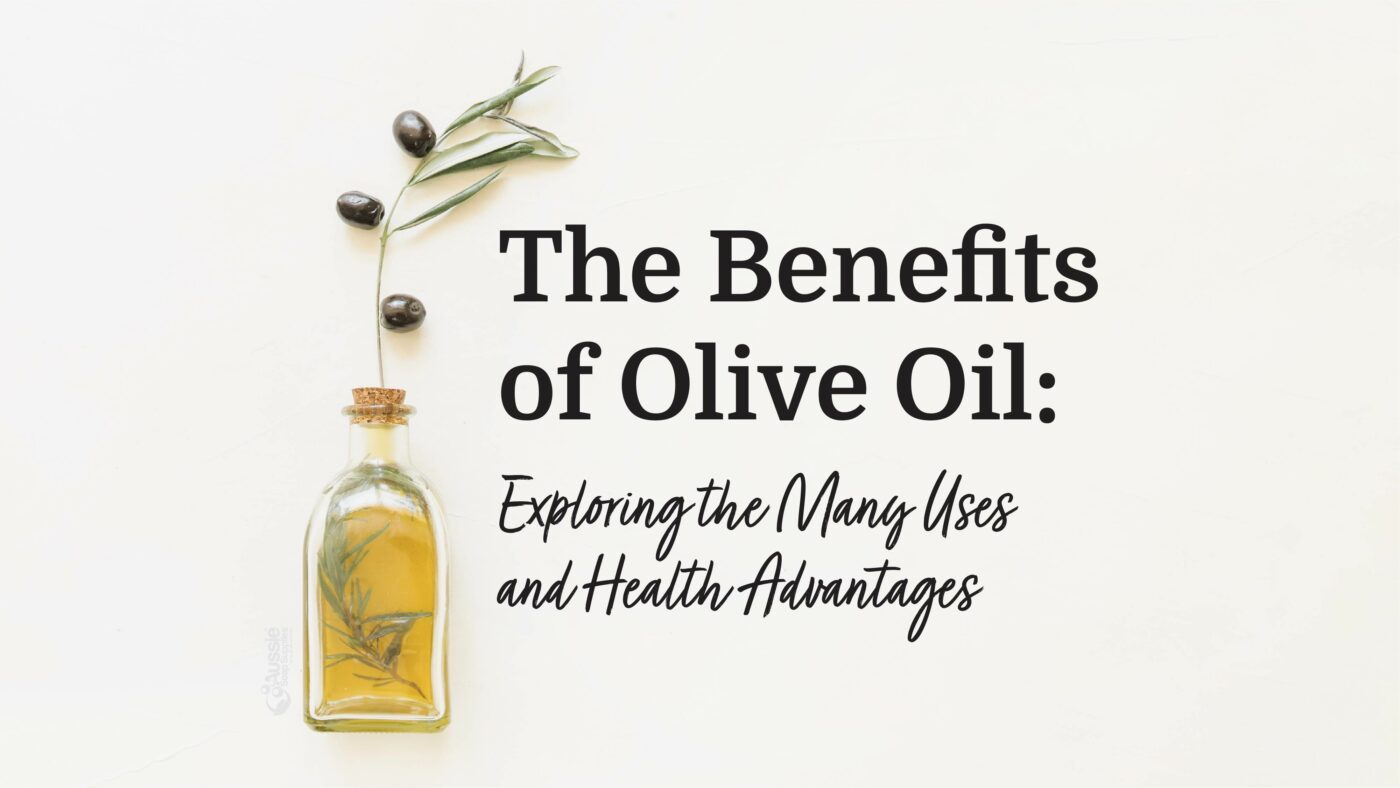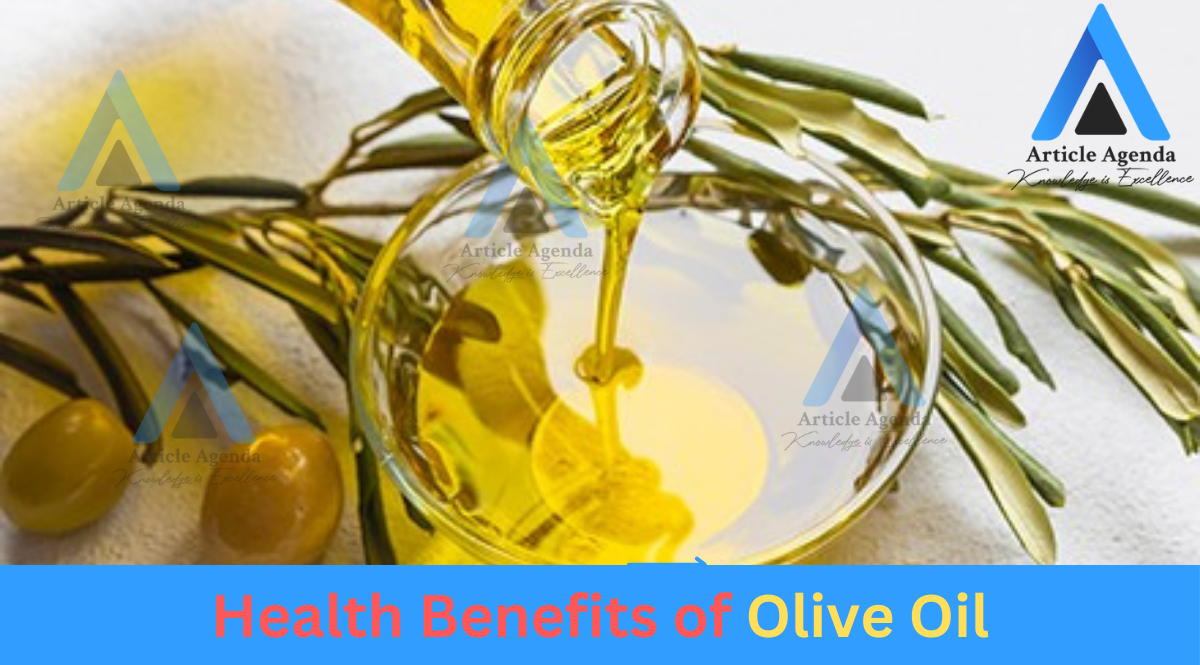Introduction to Olive Oil and Its History
Olive oil has been a staple in Mediterranean cuisine for centuries, but its health benefits extend far beyond its delicious taste. This golden elixir is extracted from the fruit of the olive tree, which has been cultivated since ancient times. The history of olive oil traces back thousands of years, with evidence of its use in ancient Egypt, Greece, and Rome.
Table of Contents
- Introduction to Olive Oil and Its History
- Nutritional Profile of Olive Oil
- Health Benefits of Consuming Olive Oil
- The Role of Olive Oil in Heart Health
- Olive Oil and Its Impact on Weight Management
- Olive Oil and Its Potential Anti-inflammatory Properties
- The Use of Olive Oil in Skincare and Haircare
- Different Types of Olive Oil and Their Specific Health Benefits
- Incorporating Olive Oil into Your Diet and Cooking
- Conclusion: The Importance of Including Olive Oil in a Healthy Lifestyle
Nutritional Profile of Olive Oil
Olive oil is not just a flavorful addition to your meals; it also boasts an impressive nutritional profile. It is rich in monounsaturated fats, which are considered heart-healthy fats. These fats can help reduce harmful cholesterol levels and lower the risk of cardiovascular diseases. Additionally, olive oil contains vitamins E and K and antioxidants, which protect the body against oxidative stress and inflammation.

Health Benefits of Consuming Olive Oil
The consumption of olive oil has been associated with numerous health benefits. One of the most well-known benefits is its positive impact on heart health. Research suggests that incorporating olive oil into your diet can help lower blood pressure, reduce the risk of heart disease, and improve overall cardiovascular health. The monounsaturated fats in olive oil help decrease inflammation, which is a crucial contributor to heart disease.
Another remarkable benefit of olive oil is its potential role in weight management. Despite being calorie-dense, studies have shown that incorporating olive oil into a balanced diet can aid in weight loss. The healthy fats in olive oil help promote satiety, keeping you fuller for longer and reducing the likelihood of overeating. Additionally, the antioxidants found in olive oil may boost metabolism and enhance fat burning.
Read More : Olive oil: Health benefits, nutritional information
The Role of Olive Oil in Heart Health
When it comes to heart health, olive oil is truly a superstar. Research has consistently shown that incorporating olive oil into your diet can significantly benefit cardiovascular health. The monounsaturated fats in olive oil help reduce LDL cholesterol levels, commonly known as “bad” cholesterol. High levels of LDL cholesterol can lead to the formation of plaque in the arteries, increasing the risk of heart disease and stroke. Replacing unhealthy fats with olive oil can lower your cholesterol levels and improve your heart health.
Olive oil also contains polyphenols, powerful antioxidants that have been shown to have anti-inflammatory effects. Chronic inflammation is a significant contributor to heart disease, and the polyphenols in olive oil help to combat this inflammation. Additionally, olive oil is a rich source of vitamin E, which has been associated with a reduced risk of heart disease. Incorporating olive oil into your diet can protect your heart and promote cardiovascular wellness.
Olive Oil and Its Impact on Weight Management
Contrary to popular belief, not all fats are created equal, and olive oil is a prime example of a healthy fat. Incorporating olive oil into your diet supports weight management. Despite being calorie-dense, the monounsaturated fats in olive oil can help you feel fuller for longer, reducing the likelihood of overeating and snacking on unhealthy foods. This can lead to a reduction in overall calorie intake and promote weight loss.
Furthermore, olive oil has been shown to impact metabolism positively. The antioxidants in olive oil, such as oleocanthal, may enhance fat burning and increase calorie expenditure. A study published in the American Journal of Clinical Nutrition found that participants who consumed a diet rich in olive oil had a higher resting metabolic rate than those who drank a diet high in saturated fat. This suggests that olive oil may benefit metabolism, making it an excellent choice for those looking to manage their weight.
Olive Oil and Its Potential Anti-inflammatory Properties
Inflammation is the body’s natural response to injury or infection, but chronic inflammation can contribute to the development of various diseases, including heart disease, diabetes, and cancer. Fortunately, olive oil contains compounds that possess potent anti-inflammatory properties.
The polyphenols found in olive oil, such as oleuropein and hydroxytyrosol, have been shown to reduce markers of inflammation in the body. These compounds help to inhibit the production of inflammatory molecules and enzymes, thus reducing the overall inflammatory response. You can help combat chronic inflammation and promote optimal health by incorporating olive oil into your diet.
The Use of Olive Oil in Skincare and Haircare
Olive oil offers numerous health benefits when consumed internally, and it can also work wonders for your skin and hair when used topically. Olive oil is a natural moisturizer that helps to nourish and hydrate the skin. It contains vitamins A and E, known for their anti-ageing properties. These vitamins help to protect the skin from free radicals and promote a youthful complexion. Additionally, the antioxidants in olive oil can help reduce inflammation and soothe irritated skin.
When it comes to hair care, olive oil can be a game-changer. It is an excellent conditioner that helps to hydrate and nourish the hair, leaving it soft, shiny, and manageable. Olive oil can also help combat dry scalp and dandruff thanks to its moisturizing properties. Massaging a small amount of olive oil into your scalp can promote a healthy scalp and luscious locks.
Different Types of Olive Oil and Their Specific Health Benefits
Not all olive oils are created equal, and understanding the different types can help you make informed choices for your health. Extra virgin olive oil is the highest quality and most flavorful. It is made from the first pressing of olives and undergoes minimal processing. Extra pure olive oil is rich in antioxidants and retains the natural flavours and aromas of the olives. This olive oil is ideal for drizzling over salads or using as a finishing oil.
Virgin olive oil is also made from the first pressing of olives but has slightly higher acidity and a milder flavour than extra virgin olive oil. It is still a healthy choice and suitable for cooking and baking.
Light olive oil, on the other hand, is less lightweight in terms of calories or fat content. It refers to refined olive oil processed to remove impurities and neutralize intense flavours. Light olive oil has a higher smoke point, making it suitable for high-heat cooking methods such as frying or sautéing.
Incorporating Olive Oil into Your Diet and Cooking
Now that you know the numerous health benefits of olive oil, you may wonder how to incorporate it into your diet and cooking. Luckily, there are many delicious and creative ways to enjoy this liquid gold.
Drizzling extra virgin olive oil over a fresh salad is a simple and flavorful way to reap its health benefits. You can also use olive oil as a substitute for butter or margarine in your favourite recipes. Whether you are sautéing vegetables, grilling fish, or baking bread, olive oil can add a unique flavour and enhance the nutritional value of your dishes.
When using olive oil in cooking, it is essential to remember that it has a low smoke point. Heating olive oil above its smoke point can lead to the formation of harmful compounds and a loss of its beneficial properties. It is best to use olive oil for low to medium-heat cooking methods, such as sautéing or baking, and opt for other oils with higher smoke points for high-heat cooking.
Conclusion: The Importance of Including Olive Oil in a Healthy Lifestyle
Incorporating olive oil into your diet is a simple yet powerful way to improve your health and well-being. From its heart-healthy fats to its anti-inflammatory properties, olive oil offers many health benefits. Whether you drizzle it over salads, use it in cooking, or apply it topically, olive oil can enhance your culinary experiences and overall health.
So, why make olive oil a staple in your kitchen and reap its countless benefits? You can take a proactive step towards a healthier and more vibrant life by choosing high-quality olive oil and incorporating it into your daily routine.
Latest Post:
-
Smart Home Appliances in the UAE: Revolutionizing Modern Living
The UAE has long been recognized as a hub for innovation and technological advancement, and the adoption of smart home appliances is no exception. As the nation embraces the concept of smart homes, residents are experiencing a transformation in their daily lives, characterized by increased convenience, efficiency, and sustainability. This article explores how smart home…
-
(Artificial Intelligence) AI and ML (Machine Learning) : Transforming the Future
Artificial Intelligence (AI) and Machine Learning (ML) are two of the most transformative technologies of our time. They are reshaping industries, driving innovation, and opening up new possibilities in ways previously unimaginable. This article explores the fundamentals of AI and ML, their applications, and their profound impact on various sectors. Understanding Artificial Intelligence (AI) What…
-
Digital Marketing Services: Transforming Your Business in the Digital Age
In today’s digital-first world, businesses must leverage digital marketing services to remain competitive, attract customers, and drive growth. Digital marketing encompasses a broad range of tactics and strategies aimed at promoting products or services through digital channels. This article delves into the various types of digital marketing services available, their benefits, and how businesses can…





